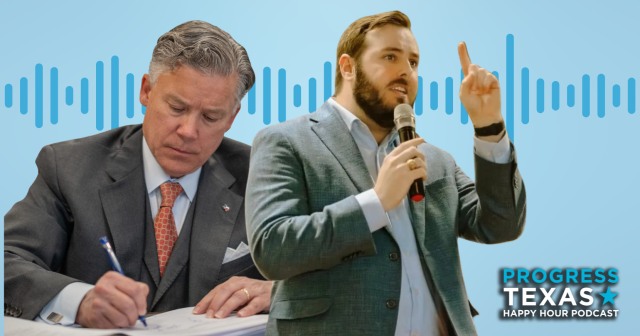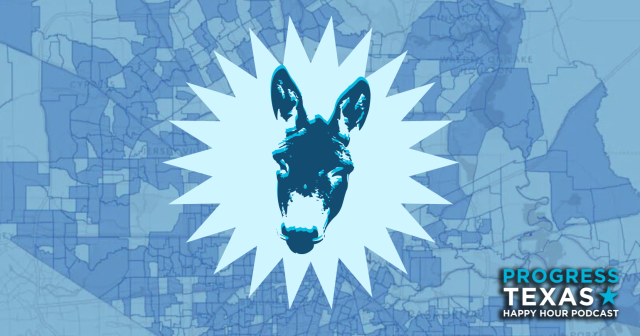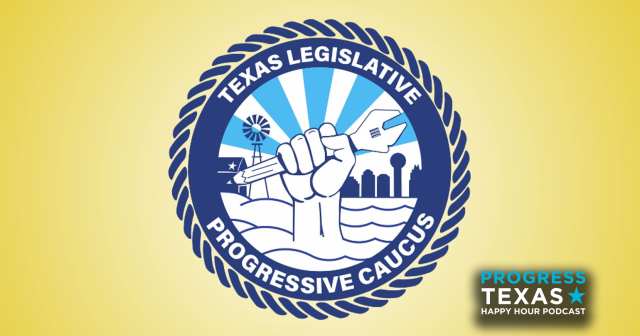No one should lose their home for staying at home

When you’re under a stay-at-home order, one thing is absolutely necessary — a home to stay in. But thanks to COVID-19, thousands of Texans are at risk of losing theirs. Texas’ eviction moratorium expires May 18, which will leave many low-income tenants with no money for rent and no housing assistance.
Over the last two months, nearly 2 million Texans have filed for unemployment, and 31% of tenants can’t pay rent nationwide. With 20% of Texans spending over half their income on rent and utilities, it’s no surprise that rent payments have gone unpaid. Many of those struggling to make rent are low-income and people of color, further deepening the inequities exposed by the coronavirus pandemic.
As local funding runs dry, renters need state and federal assistance to keep themselves afloat. Housing is a human right, and now more than ever, Texans need their homes to stay safe.
Local assistance isn’t enough.
So far, Texas cities have done what they can to help renters in need. However, demand for aid has far exceeded the available funding. At the beginning of May, Dallas created a rent relief program meant to assist 1,000 families. On the first day applications were open, over 16,000 people applied. Austin was forced to give out housing assistance using a lottery system, but only 1,000 out of 11,000 applicants will receive funds from the program.
The state has offered some help to renters, but it’s a small drop in a huge bucket. Gov. Greg Abbott announced housing assistance in April, but only $11 million is available for the entire state. That’s barely anything — for context, UT-Austin is giving out $15 million to help students pay their bills.
Being able to pay your rent shouldn’t be a literal game of chance. Tenants across the state need adequate relief. As cities struggle to balance their own budgets with declining tax revenue and unforeseen expenses, the state and federal government need to step up to prevent low-income Texans from missing rent and losing their homes.
We have the funding, we just need to use it.
Luckily for renters, Texas has a massive source of untapped savings, just waiting to be given out in an emergency. Unluckily for them, Gov. Abbott has been extremely resistant to use it. The Rainy Day Fund, officially known as the Economic Stabilization Fund, is essentially a Texas savings account with over $8 billion. It was created in the late 1980s, specifically to help the state during an economic crisis.
If the fund was meant for a rainy day, then we’re in the middle of a thunderstorm. When having a home is the number one requirement for staying at home, rental assistance should be a top priority.
While it would require a special session to use the funds, the governor has called special sessions for far less (remember the one he called to pass a transphobic bathroom bill?). Alternatively, Abbott could use his executive authority to halt evictions until next year, then use the Rainy Day Fund to pay back the missed rent payments when the legislature returns in January.
Tenant advocates in Texas are also calling for assistance on the federal level, as approximately $100 billion is needed from Congress to help extremely low-income renters across the nation. The Texas Tenants’ Union, joined by 40 other community organizations, signed a letter calling on our state’s congress members to prioritize emergency rent relief.
“This crisis has exposed the fault lines of housing insecurity and racial injustice entrenched in our state even before the COVID crisis, where 73% of extremely low income renters in Texas already are severely cost-burdened, meaning they pay 50% or more of their income toward rent,” the letter states.
The proposed HEROES Act does include $175 billion for rent, mortgage, and utility payments, but it has yet to be passed by the House or the Senate. You can find your representatives here — let them know that they should support rental assistance in the final bill.
Staying at home is not a guarantee.
Texas currently has a moratorium on evictions, but it only lasts through May 18. That’s on Monday. Since the federal eviction moratorium only covers about 25% of rental properties, many Texans will start next week not knowing if they can keep their home.
It doesn’t need to be said that displacing thousands of renters will not help efforts to stop the spread of COVID-19. Housing is a human right, and no one should lose theirs because they were forced into unemployment by a global pandemic.
Across the state, people have given up their jobs and paychecks to save lives and stop the spread. Now, our state and federal leaders need to step up and make sure they’re taken care of.
DONATE
Your donation supports our media and helps us keep it free of ads and paywalls.








